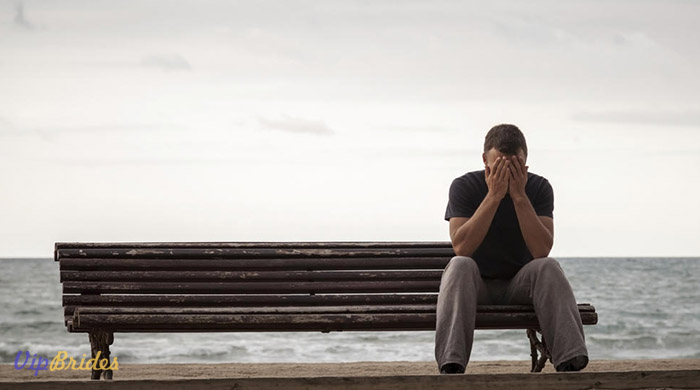

However, daytime dozing is more common among men than women - and more common among lower earners than higher earners, according to a 2009 survey from the Pew Research Centre in the U.S. This not only means that their minds are more likely to race at night, but it could also result in higher levels of the stress hormone cortisol, which can make it harder to fall asleep.’ ‘This is partly because women have more hormonal disruptions affecting their sleep and they also tend to worry more. ‘Women suffer more from insomnia than men at a ratio of 65:35,’ says Dr Meadows. If your sleep cycles are out of rhythm, you could be putting yourself at risk of daytime tiredness Taking medication at night may cause drowsiness the next day as some drugs take hours to disappear from the body. Some people have a genetic susceptibility to these ingredients that makes them more prone to this effect. Doxylamine (found in Syndol and Propain Plus) or promethazine (Night Nurse, Avomine) can cause sleepiness, too.

Products containing older sedating antihistamines such as diphenhydramine are most likely to cause drowsiness. Some medications can cause daytime drowsiness - these include anti-depressants, anti-histamines and cold remedies. This measures tiredness by asking how likely you are to doze in situations such as reading, so you can work out if you need help from a GP or sleep clinic. ‘Get such distractions sorted, and you’ll often find the urge for daytime dozing goes.’Įxcessive sleepiness, napping or falling asleep in the daytime is often a sign of a sleep disorder such as bruxism (teeth grinding) or insomnia - the Epworth Sleepiness Scale questionnaire helps assess this. Your first port of call should be to tackle anything that’s disturbing your sleep, such as checking your emails in bed, says Dr Meadows. If you’re not getting the required amount of sleep (which for adults is between seven and eight hours), the next day will reflect on the previous night. ‘Being dozy all day is indicative of disturbed or inadequate sleep,’ says Professor Jim Horne from the Sleep Research Centre at Loughborough University. If you find yourself nodding off uncontrollably or feel sleepy all day, you’re probably sleep deprived. Owls are more likely to doze in the morning.’

I’m a lark, wide awake at 6am, but come the afternoon I’m prone to feel like I need a doze. ‘People will know if they’re an owl or a lark. Genes may play a part, says Dr Guy Meadows, director of The Sleep School in London. ‘We’re not being told yet to keep awake by the body clock, so we feel like dozing,’ says Russell Foster, professor of circadian neuroscience at Oxford University. There may be a window of time when the drive for sleep has been building for hours and the drive for wakefulness has not yet kicked in. Meanwhile, the part of our body clock that drives wakefulness tends to build in the late afternoon. The moment we first wake up our bodies start releasing the sleep hormone melatonin in preparation for sleep. The natural energy slump in the afternoon is down to our internal body clock. If you find yourself nodding off uncontrollably or feel sleepy all day, you may be sleep deprived


 0 kommentar(er)
0 kommentar(er)
